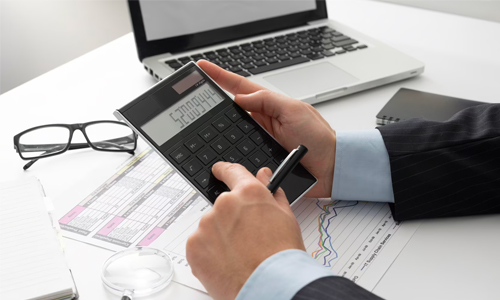Equity-linked Mutual Funds – What are they?
Investing has always been a crucial part of people's life goals, from the most basic form of financial planning to the finest degree of global investment funds. However, even inexperienced and seasoned investors may find it challenging to choose the ideal services that fit their personal or business demands.
It's hardly surprising that the UAE has attracted many investment firms given its phenomenal growth over the past 10 years. But with so many businesses and consultants available nowadays, you are bound to get confused to choose the most suitable option. One of the viable choices that investors in the UAE consider is equity and equity-related investments such as equity funds.
With the help of this article, we shall try to understand more about equity and equity-linked mutual funds as well as why you must choose to invest in them. Let us start with understanding the fundamentals of the same.
Table of Content
What are Equity Funds?
Equity Funds in the UAE are mutual funds that allocate their resources among stocks of various companies based on the investment objectives of the underlying programme. Because they have the potential to create wealth over the long term, these funds provide ideal alternatives for capital growth investments. For individuals looking for long-term investments and exposure to the stock market, equity funds are an excellent choice.
Equity mutual funds in the UAE invest significantly in the equity shares of various companies at specific ratios. This asset allocation is determined by the kind of equity fund and how closely it adheres to the investment objective. In these types of funds, a considerable amount of the funds are first allocated to the equities division, and the remainder is invested in debt and other money market products. In addition to reducing risk, this aids in managing urgent redemption requests and thus provides you with better returns and liquidity at the same time.
Who Should Invest in Equity Mutual Funds?
Every Mutual fund investment must align with your investing horizon, risk tolerance and other goals. The same is true for investments in equity funds. It is suggested that you put money into equity funds if you have long-term objectives. This will ensure that your funds will have the much-needed time to counteract market moves and fluctuations.
Benefits of Investing in Equity Funds
Investing in equity funds entails various benefits. Let us have a look at some of them as mentioned below:
- If you're looking to invest for a long-term investment, equity mutual funds are one of your finest possibilities. This is because long-term investments can be kept in place to combat changes in the stock market due to its erratic nature.
- When investing in equity mutual funds through Systematic Investment Plans (SIPs), the investor gains the advantages of rupee cost averaging.
- Equity funds are among the best financial instruments for helping you to outperform inflation. If stock prices rise, investors will see an increase in their capital, thus ensuring growth in their investments.
- By investing in a portfolio of equities from several industry sectors, equity mutual funds offer risk diversification. Mutual fund schemes seek to significantly minimise stock and sector-specific risks by diversifying across equities and sectors.
- These funds are managed by professionals. They conduct market research, evaluate the performance of various businesses, and invest in the performing stocks that may offer the best returns to investors.
Equity-linked Mutual Funds
Equity-Linked Savings Schemes (ELSS funds) or Equity Linked Mutual Funds in UAE are a type of tax-advantaged mutual fund investment strategy that invests primarily in equity and equity-related securities. In this plan, the majority of the investment corpus is placed in equities assets, with the remainder in debt-related securities.
The 3-year lock-in period separates ELSS from other mutual equity funds. Accordingly, investors are unable to withdraw their money from the plan before the end of this time frame.
Best Equity Mutual Funds in UAE
The following are the top equity funds in UAE:
Fundsmith Equity Fund
Fundsmith is a top-rated worldwide mutual fund that investors may invest in and is run by the well-known Terry Smith. This fund makes a small number of investments in tenacious, high-quality and internationally expanding businesses that trade at favourable valuations and that it intends to keep for a very long period. Amadeus IT, Dr Pepper Snapple, Novo-Nordick and Paypal are the top holdings. Together with firms having headquarters in the UK and some exposure to Europe, the US has a significant weighting that accounts for over two-thirds of the portfolio.
Ardevora Global Equity Funds
This Irish-based fund invests in both short-term and long-term bets on specific companies and broad market sentiment. This organisation takes a bottom-up approach to stock picking, seeking situations when market sentiment is still out of sync with underlying fundamentals like valuations and stock prices. This mutual fund invests mostly in American securities. The remainder is invested in Europe, Japan and other global regions.
Al Mal UAE Equity Fund
The Al Mal UAE Equity Fund invests primarily in stocks that are listed on the Abu Dhabi Stock Exchange (ADX) and the Dubai Financial Market in order to achieve medium- to long-term capital growth (DFM). By investing primarily in stocks listed on the ADSM and DFM, the Fund seeks to achieve medium- to long-term capital growth and a respectable level of income. However, when necessary, investments may also be made in stocks listed on stock exchanges in other GCC nations or elsewhere, as well as in other securities, as detailed in the Fund's Prospectus.
Al Hilal GCC Equity Fund
The goal of the fund is to offer investors a long-term investment in a diverse portfolio of equities securities from the GCC region that are Shariah-compliant and currently comprise parts of the Index. In order to achieve this long-term goal, the fund will, under normal operating conditions, invest at least seventy-five per cent (75%) of the Assets in the aforementioned securities.
The UAE offers a broad variety of investment businesses, each with its own advantages and disadvantages, which is beneficial for investors. Even if investors have a lot of solid alternatives, it can be challenging to decide which businesses to invest in. It is crucial to think carefully about which investment proposition best suits your needs. Without thorough study, investing in an uncharted market is unlikely to produce the desired outcomes and required returns.
Equity-linked Mutual Funds FAQs
Ans: Equity Mutual Funds in UAE can be categorised as small-cap, mid-cap, large-cap, ELSS funds and multi-cap funds. You can choose to invest in these funds based on your investment objective and risk appetite as they provide you with very high-moderate risk.
Ans: Equity Mutual Funds are high-risk funds, therefore you must carefully consider investing in them. This is because they are subject to market fluctuations and they invest in highly volatile instruments.
Ans: To invest in equity funds or any mutual fund in UAE, you can opt for an offshore platform, a stockbroker, or an online advice platform. This is typically more affordable than purchasing directly from a fund manager because the finest portals either waive or significantly reduce the charges on initial funds, saving you from an upfront fee of about 3-5%. Some of them even offer a refund on the fund's annual management expenses.

More From Investment
- Recents Articles
- Popular Articles





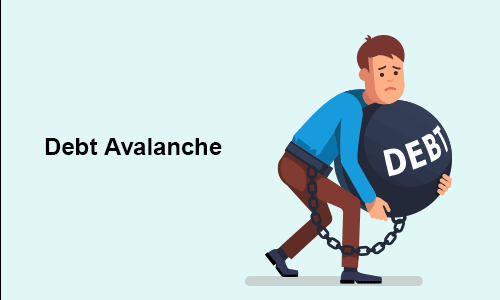
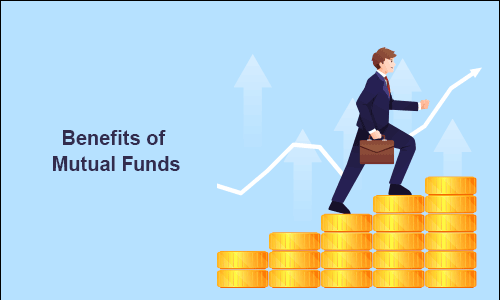

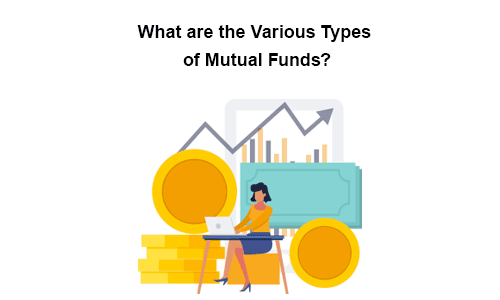
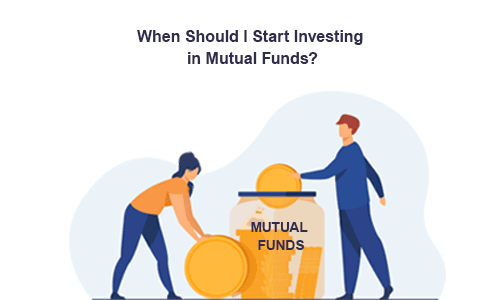

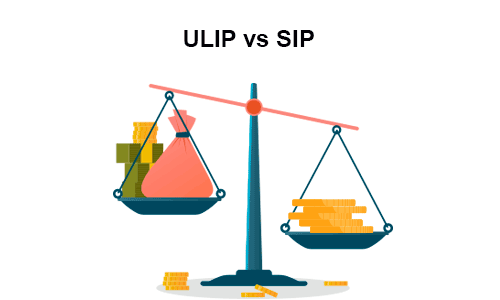
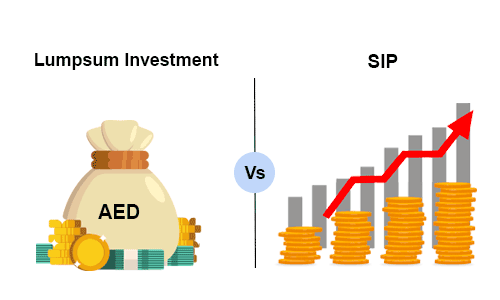
.jpg)











.jpg)
.jpg)



